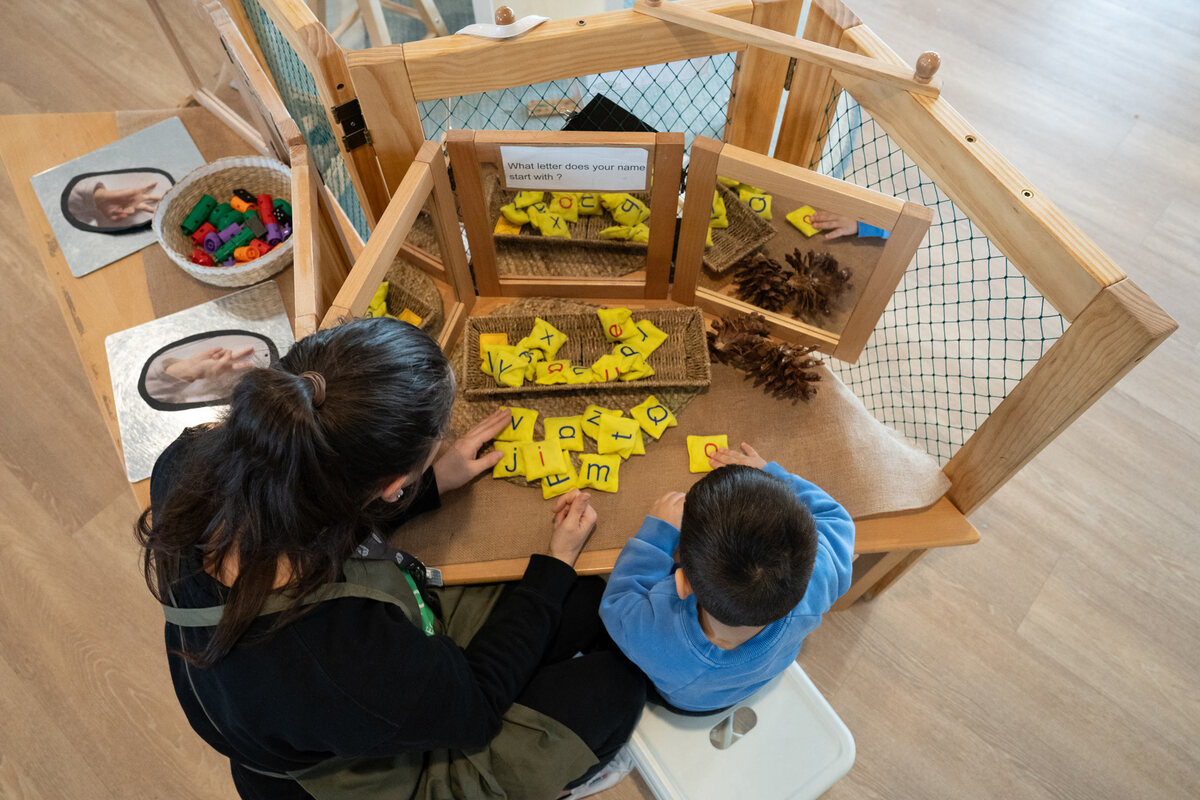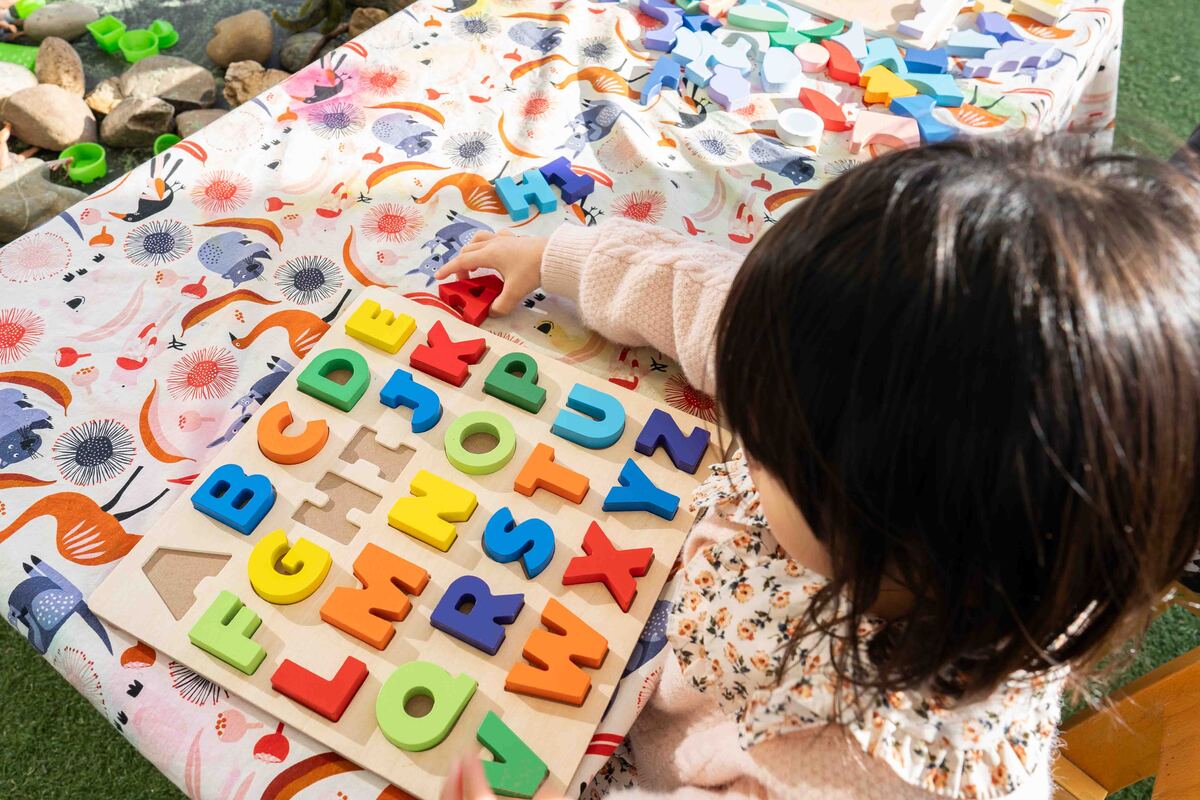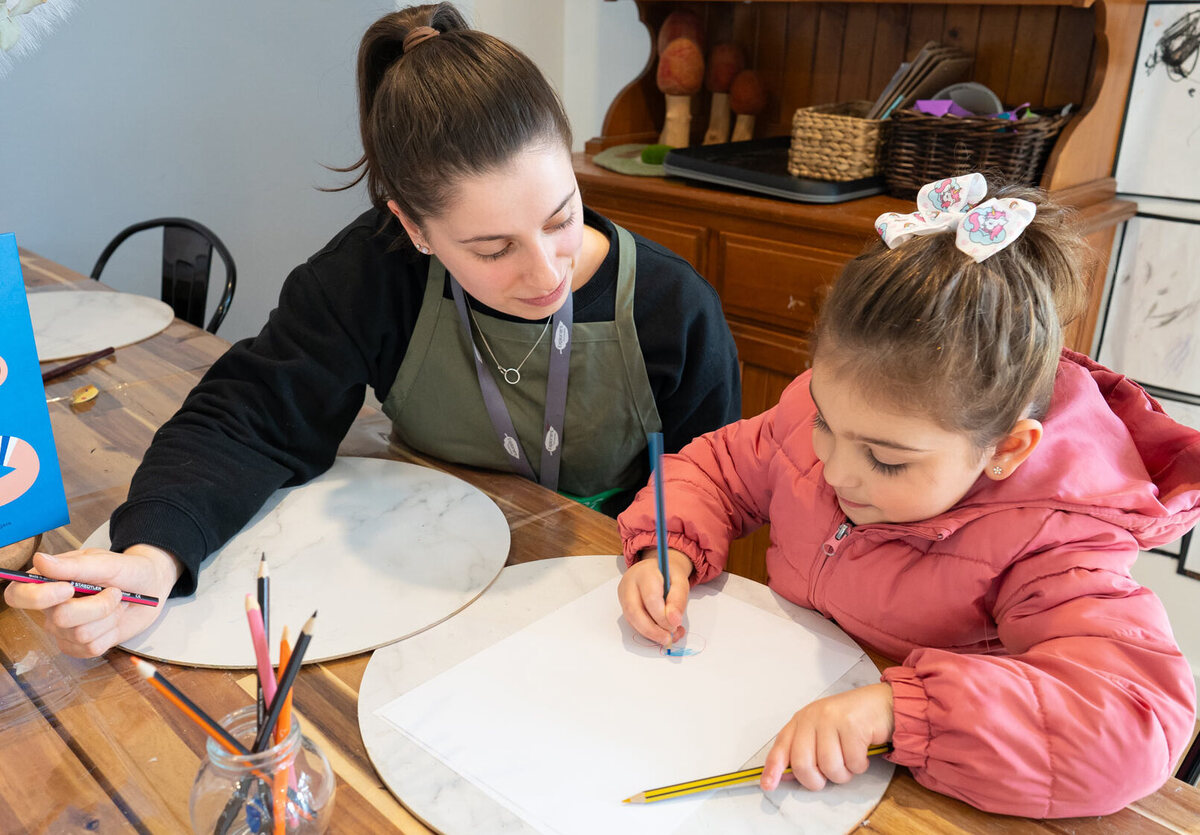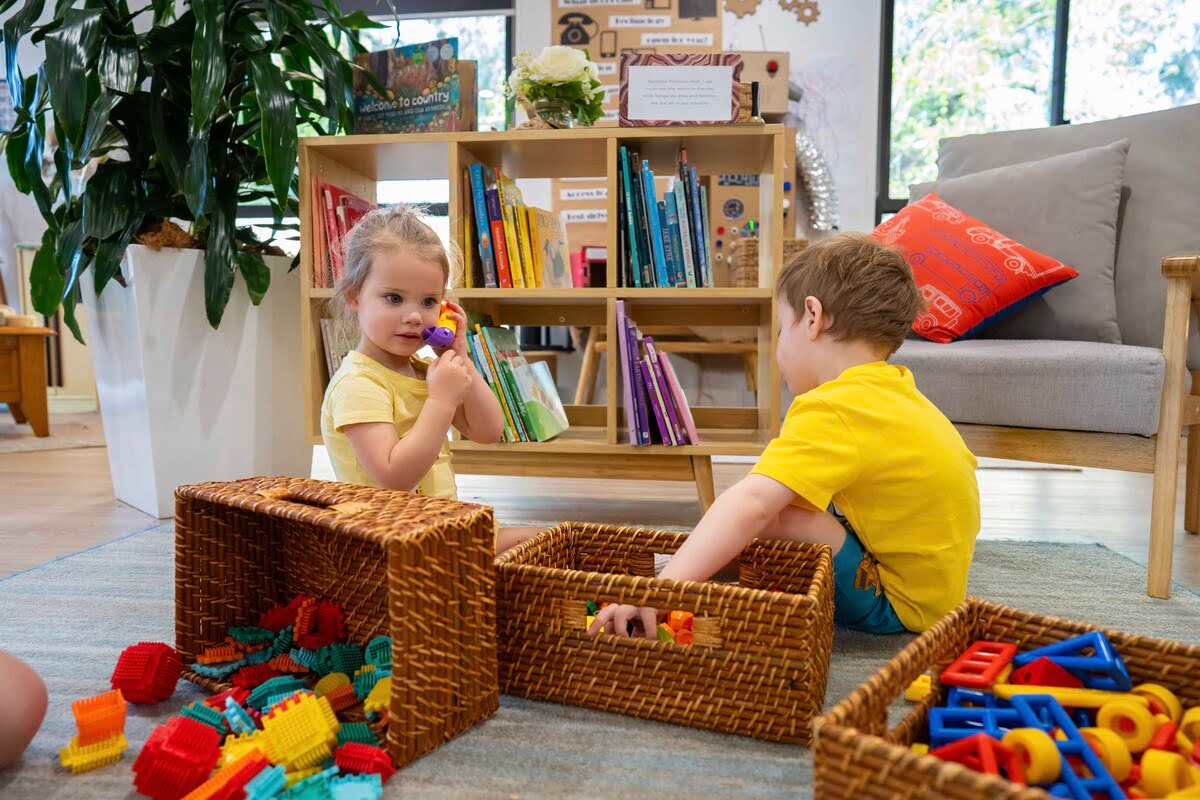5 Things Your 5-Year-Old Should Know
25 January 2024

Personal info, safety plans, triple 000, what else? Read on for our checklist of five things every five year old should know 👇
Early childhood is full of exciting milestones and unforgettable moments. However, while learning ABCs and 123s is a must, it’s also vital to keep safety education front of mind. Therefore, actively educating your child around safety plans and stranger danger provides foundational skills for a happy and healthy childhood.
In this post, we list five crucial things every 5-year-old should know. Additionally, we’ll explore why paediatricians stress the importance of children knowing vital information from their personal details to calling triple zero in an emergency.
1. Personal Information
By age five, children should know their basic contact details:
- Full name
- Date of birth
- Parents’ full name
- Home address
- One or both parents’ mobile phone numbers (if you don’t have a home phone)
While names and addresses are much easier to memorise, phone numbers present new challenges. You can sing the numbers out with your child or invite them to write them down in sand or mud. Otherwise, lean on muscle memory by encouraging your child to pretend dial on a number pad drawn on paper or cardboard.
Moreover, keep your phone number regularly in sight, such as on the fridge or hanging on a poster in your child’s room. Regularly invite them to sound it out, whether through singing, dancing, or making a story out of it – whatever it takes!
Alternatively, you can sew a patch containing your contact details inside your child’s clothes. Just be sure to remind your child frequently where it is, so they can share the information if needed.

2. Safety Plan
Children getting lost is a common concern for parents, so preparing a safety plan is essential. Firstly, have a calm discussion with your child about what to do if they get lost. However, try not to scare them!
Children’s vivid imaginations may sometimes lead to anxiety. It’s important to be firm yet reassuring in safety education – there’s no need for unnecessary worry for you or your child.
The best safety plans are clear, concise, and easy to remember for the whole family:
- Stop: Remain calm, look around, and assess the situation.
- Find a safe space: This should be away from traffic, bodies of water, high places, or dangerous machines.
- Call out for your parents/caregivers by name: It’s crucial that your child avoids shouting ‘mummy’ or ‘daddy’ in public places, such as shopping centres or supermarkets, to prevent confusion if they get lost (especially if it’s somewhere full of other children). As part of your safety plan, remind them to call out for help in various environments, including quieter places like libraries or theatres. Since children may feel embarrassed, consistently stress that their safety is the utmost priority.
- Look for a mum with children or seek out staff: When your child is in a crowded place and gets lost, encourage them to look for staff members or other mums with children. Teach them to confidently identify and speak with staff for assistance. Emphasise this safety measure regularly when you’re out together. Alternatively, guide your child to seek help from a mother with children. Children tend to feel more secure around their peers and women are statistically more likely to assist lost children.
Additionally, plan a designated meeting spot at every event you attend. This could be a help desk, a ride at an amusement park, or a fountain at the park. However, teaching them which strangers to trust and which to avoid presents challenges around stranger danger.

3. Stranger Danger
By age five, children should have an understanding of stranger danger. This is especially important as they enter primary school and begin venturing into social situations (birthday parties, school excursions, etc.) outside of your supervision.
Firstly, calmly discuss what a stranger is with your child. You should be as broad as you can with this definition – a stranger is anyone your family doesn’t know. Stress to your child that if they are alone with an adult they don’t know, they should always exercise caution.
Then, outline the stranger danger guidelines:
- Never take food or drinks from strangers.
- Never answer the door without adult supervision
- Never let a stranger into the house.
- Never get into a stranger’s car, house, or follow them without a parent or trusted guardian present.
- Stress the importance of saying NO if a stranger is making them uncomfortable – run away and shout if they’re feeling uncomfortable or in danger and immediately seek out a trusted adult.
4. How to Call 000 in an Emergency
Teaching children how to respond in emergency situations is a vital life skill. Make sure they understand the significance of the emergency number – 000. Luckily for us Aussies, this is an incredibly easy number to remember, and be sure to regularly remind your child about it. Guide them through basic scenarios and role-play what to do in an emergency.
You can also make a game out of it by using the Government’s official Triple Zero Kids’ Challenge app! This makes learning the ins and outs of calling triple zero fun and memorable for children.
However, also stress that it should only be used in an emergency. Making joke calls or deliberately misusing triple zero is against the law and might land you a hefty fine.

5. Allergies (Their Own or Siblings)
While food allergies can develop at any age, 75% develop before age five. Therefore, if you’re already aware of your child’s food allergies, and it’s a serious allergy, be sure to regularly remind your child of their condition. Additionally, remind them what will happen if they do eat – or in some cases merely come into contact with – their allergen.
This is doubly important for children with siblings who have anaphylactic allergies. As children embark on primary school, birthday parties, and social outings, it’s vital they remember what allergies are, what kinds of foods it may be in, and how to assert themselves in social situations. It’s okay to say no or to remind adults or caregivers of children’s allergies if they suspect it may be in the food they’re about to consume. Also, be sure to regularly go through role plays and drills, especially if they carry an EpiPen.
To learn more about allergens and how to introduce them to toddlers, check out our blog post here.
In conclusion, teaching your 5-year-olds the safety essentials doesn’t have to be daunting. With the right approach and a calm voice, you can inform your child of everything they need to know for a safe and fulfilling childhood.
Remember – preparation is the best defence. Whether you make a song of dance of remembering their phone number or role play calling triple zero, you can take a few easy steps to keep your child happy and safe well into adolescence and beyond.
🍃 To tour one of our beautiful Centres, please click here. Otherwise, check out our website at Explorers Early Learning today!